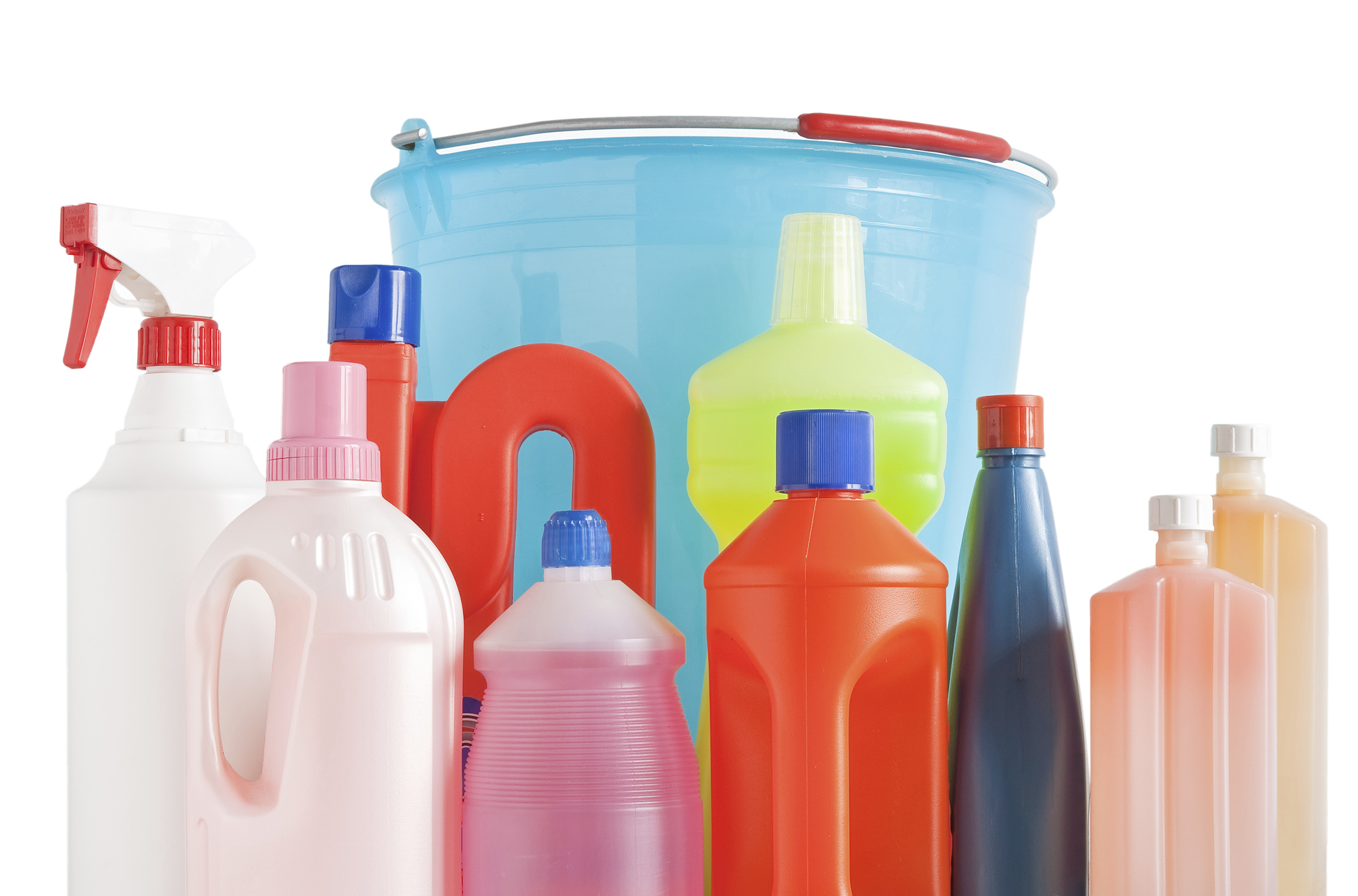
Have you ever wondered why you have so many cleaning materials? Many try to escape those chemical overdoses by believing in any tip found on the Internet about cleaning with natural ingredients or using ingredients you already have at home. But what is true and what is completely absurd?
1. Cleaning and unclogging pipes with coffee — FALSE
Coffee grounds are not sandpaper — it won’t rub the tube free from leftovers, rather, the grounds mix with the remains, clog it even more and swell into a proper plug. A better solution is to place four teaspoons baking soda in the sink, then add a cup of vinegar. If it fizzes and bubbles arise, rinse hot water onto it and your pipe will be free again. If not, repeat the process again.
2. Plants help to get rid of dust — TRUE
Dust is particularly annoying and ugly but plants can help you out. They not only fill the room with style and aesthetics, but also filter the pollutants from our air and provide us with fresh oxygen. Especially effective are ferns and orchids, which catch the swirling dust in the air, so that the leaves must be only wiped with a damp cloth. Now you can take a deep breath again in your home.
3. Wearing gloves is hygienic — FALSE
We slip into our cleaning gloves to protect ourselves from bacteria and germs but the scrunched surface and the humidity inside provide a perfect habitat for bacteria. Therefore, keep your gloves flawless and dry. Place them after each use in hot water with two teaspoons of vinegar and a little detergent for 10-15 minutes. Afterwards, just dry them thoroughly and dry them in a cool place.
4. Toothpaste for clean silver jewellery and silverware — TRUE
Is your silver chain turning slightly grey and doesn't shine anymore? Rub your silver jewellery with some toothpaste (not gel) and use a toothbrush to get into the smallest corners. After that, dip the chain or the cutlery in warm water. Together with the paste, the oxidised silver particles will be washed away and your jewellery will be shiny again.
5. Oil removes sticky residues on doors — TRUE
Stay away from chemical label solvents, the fatty acids in butter and oil dissolve sticky patches most effectively. Simply mix olive oil with a pinch of salt in a bowl and apply the mixture with a cloth onto the affected area. Rub and the glue disappears like magic. Afterwards, wipe the area clean with a bit water and a little detergent.
6. Remove stains with sparkling water — TRUE
Another stain on the carpet? Fast action: Grab your bottle of sparkling water, because the contained carbon dioxide dissolves colour and tannins from the fibres (this doesn't work for fat or oil). Important: Once you have drowned the spot in the mineral water, you have to use a dry and absorbent cloth in a circular motion to take the stain away — always dapple, never rub. But of course, the effect always depends on the type of the stain.
7. Lemon juice makes your extractor fan shine again — TRUE
Our extractor fan — not only a magnet for odours, but also for fat stains. In order to get rid of the sticky spots, half of a lemon does the trick: Simply cut it and rub it over the metal. The acid easily removes fats and oils. If the spots are especially stubborn — pour a few drops of detergent on a cloth and rub gently above the stains. Do not use a stainless steel sponge, this only scratches your hood and misses the real target.
8. Vinegar as an all-round cleaning material — FALSE
Vinegar works on almost everything, especially when it comes to decalcifying appliances or making surfaces hygienic. However, it should not be over glorified, especially, when it comes to using it on natural stone surfaces such as granite and marble, as well as pipes or rubber seals, for which vinegar is unsuitable, even dangerous. The acid contained in vinegar reacts aggressively onto those materials and destroys the surfaces and thereby their function.